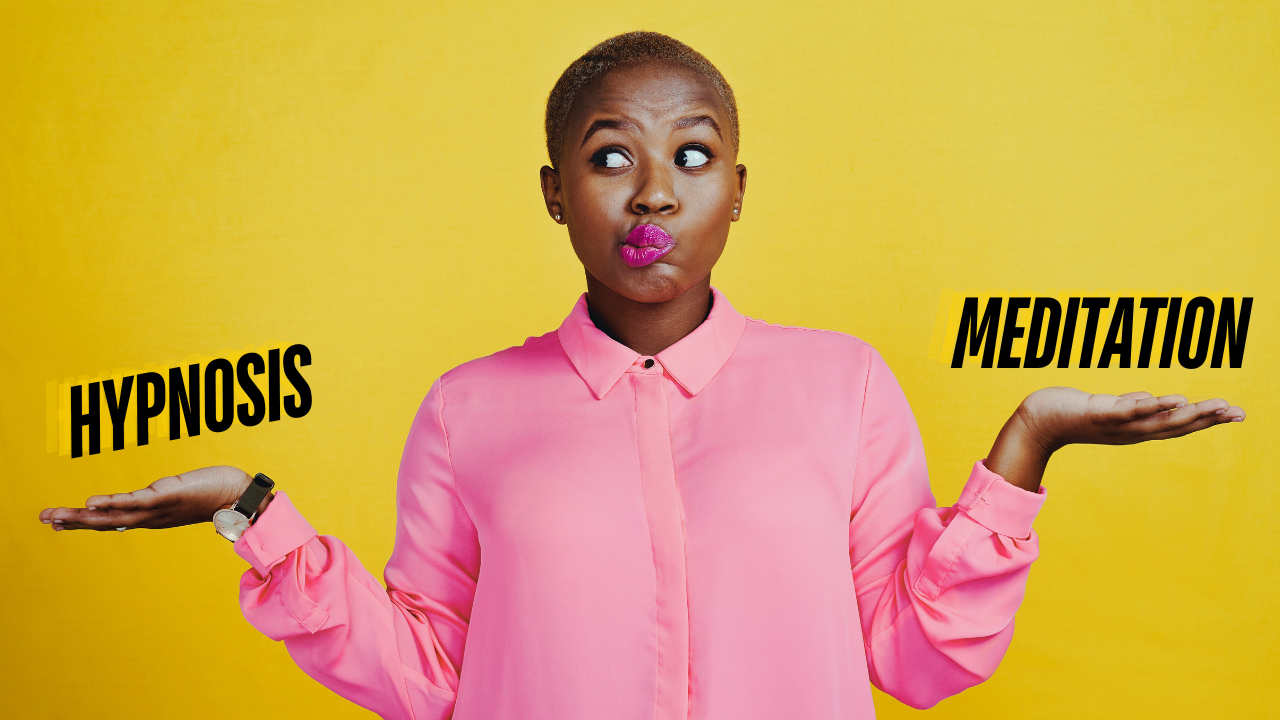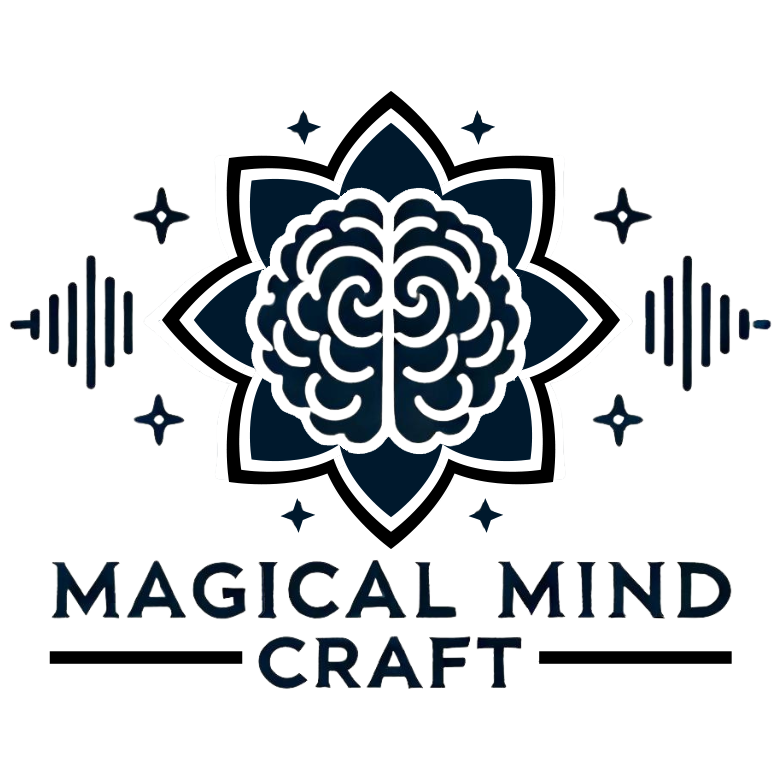
In our quest for personal growth and self-improvement, meditation, and hypnosis have emerged as powerful tools that can lead to profound transformations. Both practices are often mentioned in the same breath, yet they have distinct goals, techniques, and effects on consciousness. In this blog, we will explore the differences and similarities between meditation and hypnosis, helping you understand how each can serve your journey towards a more fulfilled life.
Goals
Meditation: The primary goal of meditation is to cultivate a state of mindfulness and inner peace. It involves training the mind to focus on the present moment, leading to increased awareness and a deeper connection with oneself. Meditation aims to reduce stress, enhance emotional well-being, improve concentration, and promote overall mental and physical health.
Hypnosis: Hypnosis, on the other hand, is a therapeutic technique used to access the subconscious mind and bring about desired changes in behavior, emotions, or physical conditions. The goal of hypnosis is to address specific issues such as anxiety, phobias, pain management, smoking cessation, and weight loss. It can also be used to enhance performance, boost confidence, and overcome limiting beliefs.
Techniques
Meditation: Meditation techniques vary widely, but they generally involve focusing the mind on a particular object, thought, or activity. Common forms of meditation include:
- Mindfulness Meditation: Focusing on the present moment and observing thoughts and sensations without judgment.
- Transcendental Meditation: Repeating a mantra to achieve a state of deep relaxation and awareness.
- Loving-Kindness Meditation: Cultivating feelings of compassion and love towards oneself and others.
- Body Scan Meditation: Systematically focusing on different parts of the body to promote relaxation and awareness.
Hypnosis: Hypnosis involves guiding the individual into a trance-like state where the subconscious mind becomes highly receptive to suggestions. Techniques used in hypnosis include:
- Progressive Relaxation: Gradually relax each part of the body to induce a state of deep relaxation.
- Visualization: Using guided imagery to create vivid mental pictures that influence the subconscious mind.
- Suggestion: Providing positive affirmations and instructions to bring about desired changes.
- Regression: Revisiting past experiences to uncover and resolve underlying issues.
Consciousness Contrasts
Meditation: During meditation, the goal is to achieve a state of heightened awareness and presence. Practitioners often remain fully conscious and alert, observing their thoughts and sensations without becoming attached to them. Meditation encourages a non-judgmental awareness of the present moment, fostering a sense of inner peace and clarity.
Hypnosis: In hypnosis, the individual enters a state of focused attention and heightened suggestibility. While in this trance-like state, the conscious mind becomes less active, allowing the subconscious mind to absorb and respond to suggestions more effectively. Unlike meditation, hypnosis often involves a narrowing of focus rather than an expansive awareness.
Similarities
Despite their differences, meditation and hypnosis share several similarities:
- Relaxation: Both practices promote deep relaxation and stress reduction.
- Mental Focus: They require a high degree of mental focus and concentration.
- Self-Improvement: Both can be used to enhance personal growth and well-being.
- Mind-Body Connection: They acknowledge and utilize the powerful connection between the mind and body.
Choosing the Right Practice
Deciding whether to incorporate meditation or hypnosis into your routine depends on your specific goals and preferences. If you seek to cultivate mindfulness, reduce stress, and develop a deeper connection with the present moment, meditation may be the right choice for you. On the other hand, if you have specific issues you wish to address, such as breaking a habit or overcoming a fear, hypnosis could be more effective.
Conclusion
Meditation and hypnosis are powerful tools that offer unique benefits for personal growth and self-improvement. By understanding their goals, techniques, and effects on consciousness, you can make an informed decision about which practice best suits your needs. Whether you choose meditation, hypnosis, or both, incorporating these practices into your life can lead to profound transformations and a greater sense of well-being.
Thank you for reading! We hope this article has provided valuable insights into the differences and similarities between meditation and hypnosis. Stay tuned for more informative content on personal growth and self-improvement.

